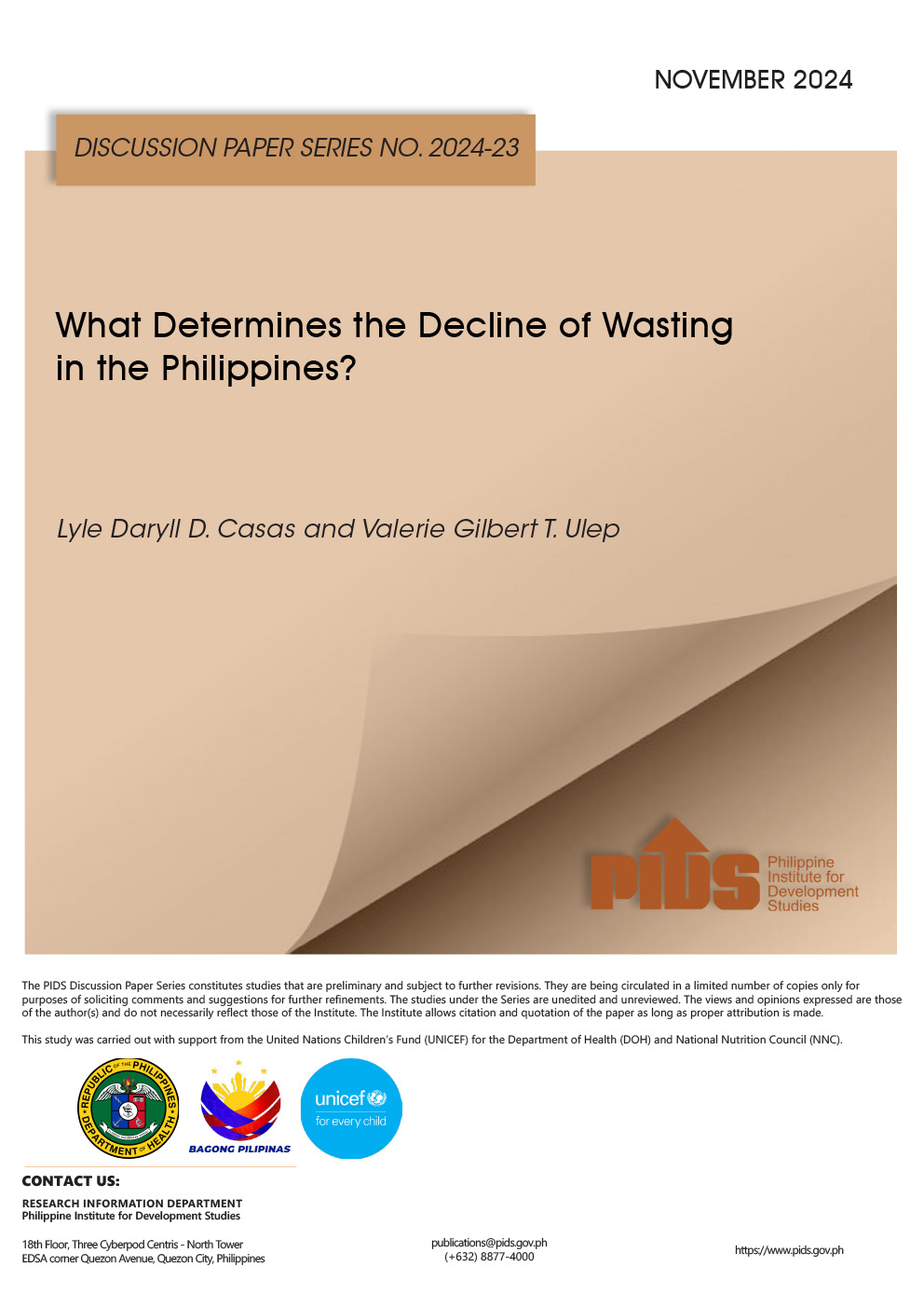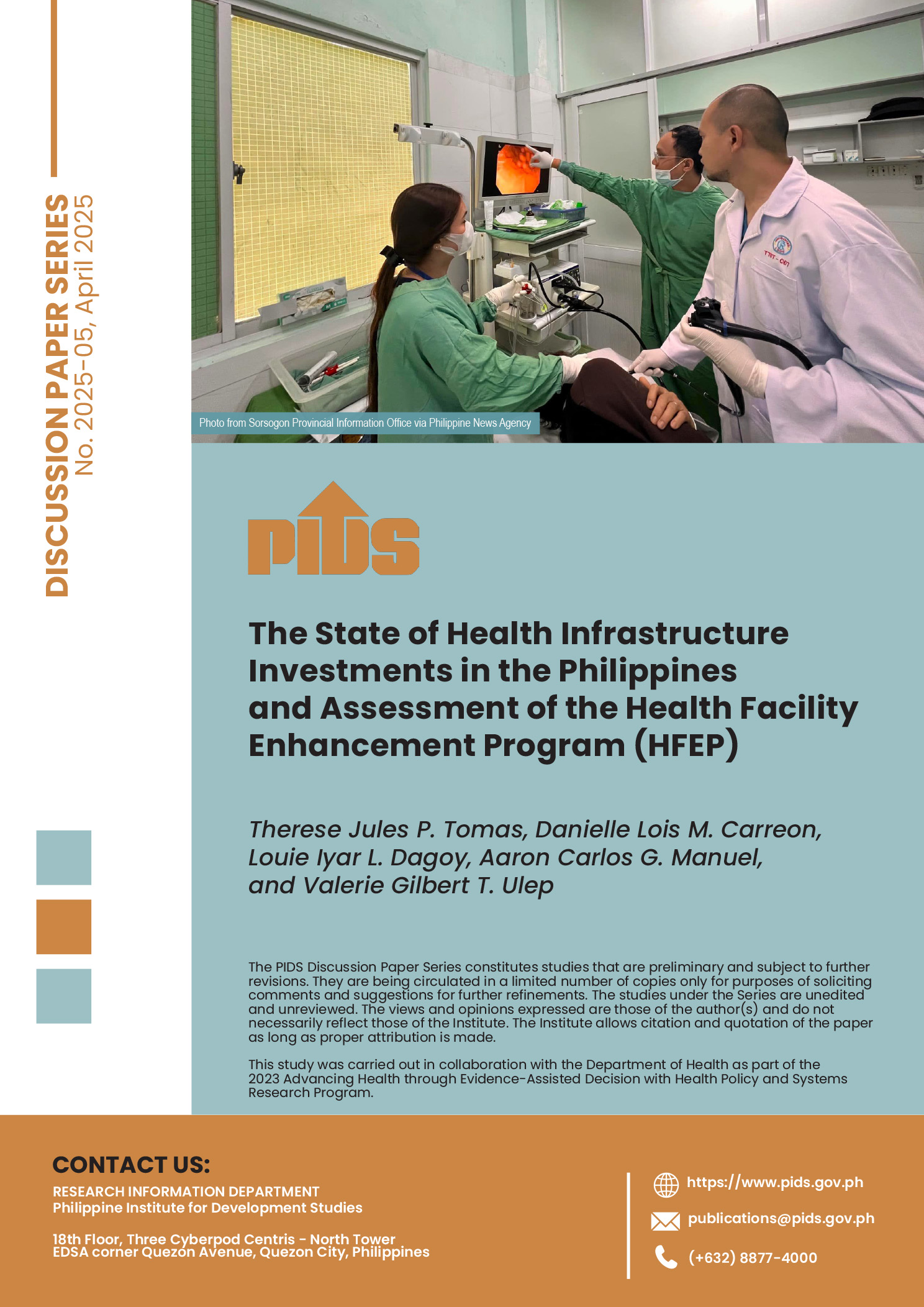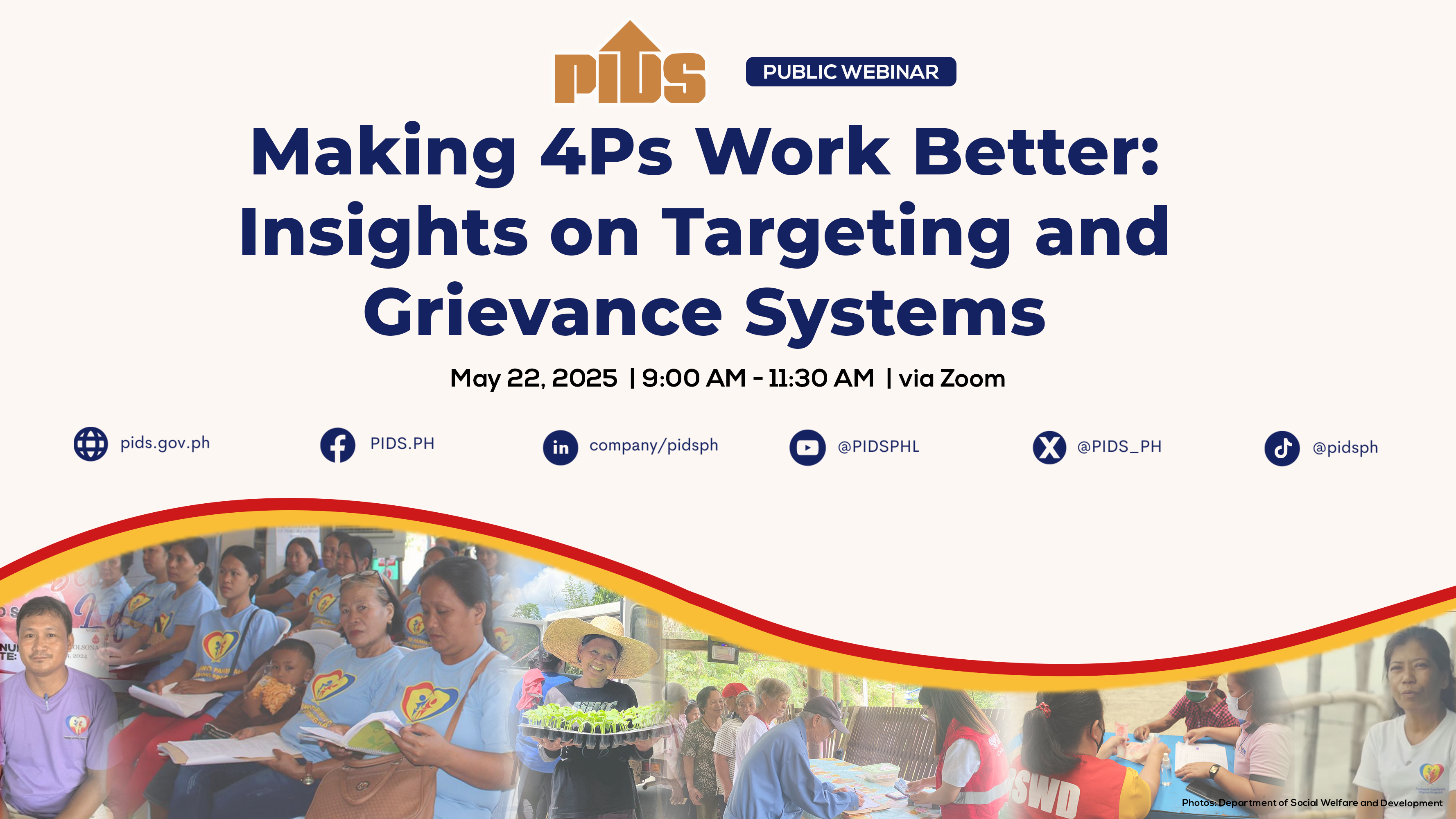THE government social security systems must become more portable in order for Overseas Filipino Workers (OFWs) to access them in their time of need abroad, according to local researchers.
This was among the recommendations in a policy note published by the Philippine Institute for Development Studies (PIDS) authored by University of the Philippines Diliman Associate Professor Jocelyn O. Celero as well as De La Salle University associate professor Melissa R. Garabiles and assistant professor Evangeline O. Katigbak-Montoya.
The researchers said this is crucial since migrant workers do not enjoy healthcare benefits in host countries because of the absence of bilateral agreements, among other reasons.
“The government needs to establish greater portability mechanisms for PhilHealth, SSS, Pag-IBIG, and OWWA. Increasing ease in paying contributions [e.g., through digitization] and minimizing paperwork could boost and sustain interest in membership,” the authors said.
This can be done, the researchers said, by investing in a unified database for accessing records of all OFWs as well as the creation of a portal for all related services.
They added that the government must also provide a multipurpose identification card for OFWs to ease system transactions.
Greater effort must also be exerted in periodically updating government’s social media accounts to educate OFWs and counter fake news regarding their health and health benefits.
They also recommended that receiving countries’ healthcare professionals be trained to effectively communicate health and social services to migrants in the language they understand.
Further, PhilHealth should also establish regional physical offices in countries that are densely populated by OFWs, complemented with a virtual office or a hotline.
“The Philippines should actively pursue bilateral agreements with destination countries. Policymakers, academics, nongovernment organizations, and migrant workers should collaborate to build more inclusive health and social security systems post-pandemic and beyond,” the authors said.
Based on the research, the authors found that most Filipino migrant workers in East Asia are health- and social security systems-literate.
However, their knowledge only extends to information they are familiar with. They also partially understand the basic social and health security schemes offered in home and destination countries.
The study found also that OFWs encounter barriers in host countries. In Japan, there are preferential treatment in terms of ethnicity, gender, and visa or migrant status. Many OFWs employed in low-skill jobs also experience discrimination.
OFWs in Singapore, meanwhile, enjoy some form of social protection that are based on nationality and residence.
There are also language barriers and ineffective Pre-Departure Orientation Seminar (PDOS), the mandatory program for domestic workers before they leave the Philippines.
Migrant workers also experience disinformation and lack awareness about government health programs; financial difficulties; and isolation.












